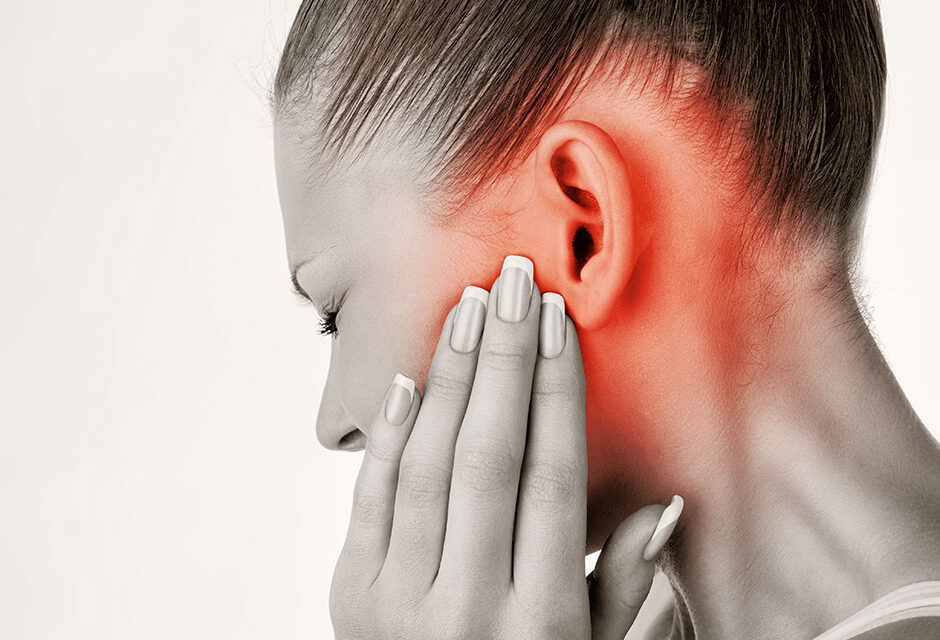TMJ is the acronym for temporomandibular disorder, where you suffer from the jaw and muscular pain controlling jaw movement. It is painful, and to make things worse, there are many misconceptions. And it’s because of these misconceptions that many hesitate to visit the doctor fearing what they might say.
Call Our Office Today at (480) 539-7979
7 TMJ myths debunked
So here are seven of the common myths debunked to help you eliminate any TMJ fears you may have.
1. Rest treats TMJ
It is partly true as sometimes stress or trauma-induced TMJ subsides with rest. However, the pain may not go away if your jaw is out of alignment, and you’ll need treatment.
The only way to find out is through an evaluation, especially if the pain has persisted for longer than a week.
2. TMJ disorder is rare
TMJ disorder isn’t rare as many people have it and are now living a better life after seeking appropriate treatment.
3. I don’t have TMJ as my jaw doesn’t pop
While jaw popping is one of the symptoms of TMJ disorder, it’s not the only one. So just because your jaw doesn’t pop doesn’t mean you don’t have TMJ.
Look for other symptoms like frequent headaches, a sore neck or shoulders, vertigo, tingling in fingers, and limited mouth opening.
4. I don’t have TMJ as my jaw never locked
Lock-jaw is frightening as your jaw locks close or open and only a doctor can resolve it.
However, just because you don’t have it doesn’t mean you don’t have TMJ. The TMJ is less severe or has yet to set in. And if it does, don’t try to solve things alone; head to a professional.
5. Teeth grinding can trigger TMJ
While teeth grinding can cause TMJ, it’s not the only reason for a misaligned jaw. There are other reasons like:
- Stress
- Jaw arthritis or dislocation
- Trauma
- An improper bite
6. Only the jaw is affected
Yes, while the pain originates in the temporomandibular joint, it can radiate to your shoulders, neck, and back. You can get headaches, migraines, ringing in the ears, and tingling in your fingers. You may find it difficult to sleep and develop anxiety and depression from the chronic pain.
Consequently, you may not:
- Perform your responsibilities well
- Participate in family or social life
- ‘Be able to go to work as usual
7. Surgery is the only cure
Many people think surgery is the only solution and avoid visiting the doctor. Some doctors may suggest surgery, but it’s not the only or best treatment.
The other options are physical therapy using a TENS machine, full mouth reconstruction, or wearing an oral appliance or bite splint.
Treatment for TMJ can look like physical therapy with a TENS machine, an oral appliance or bite splint, or full mouth reconstruction.
In short, do not ignore TMJ. Now that you know what you knew about TMJ was myths, it’s time to treat it as soon as possible.


